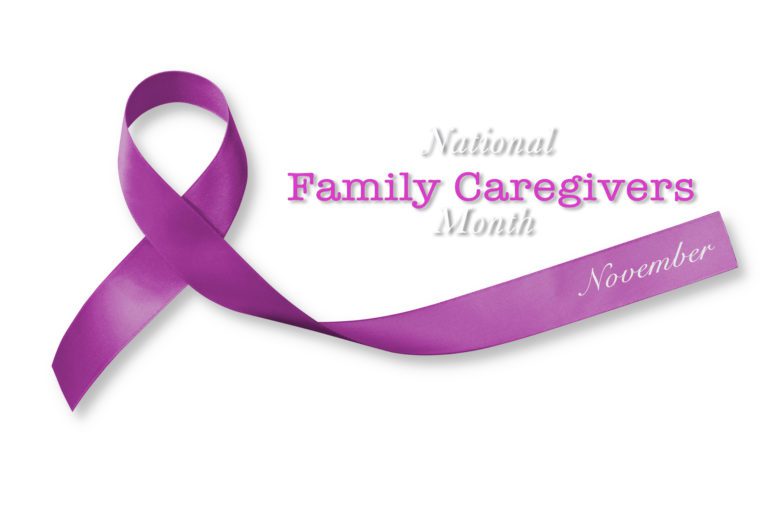To be mentally healthy is to be in a state of emotional, psychological, and behavioral health, all of which have an impact on our capacity for rational thought, positive mood, and effective behaviors. Several widespread risk factors affect mental health, and they might appear at any age or any moment. The majority of older persons have good mental health, but many are at risk of developing illnesses because of physical, social, neurological, or other environmental variables that are harmful to good mental health.
The importance of mental health issues
In total, 6.6% of seniors over 60 around the world have a mental or neurological handicap, with around 15% having a mental condition. According to the CDC, 20% of seniors encounter mental health problems in some way. One of the most prevalent mental health conditions among seniors is depression.
Why do seniors have mental health problems?
In the US, depression affects more than 5% of seniors, with the following factors typically contributing to its symptoms:
- Lack of social support
- Lack of access to home care help
- Absence of networks for mental health assistance
- Illnesses
Many elderly people still experience despair a full year after the death of their spouse, making this a common trigger for depression.
- Longer hospital stays,
- Higher hospital readmission,
- lower adherence to treatments,
- poor motivation for recovery,
- self-neglect,
- increased risk of suicide, and
- decreased physical, cognitive, and social functioning capacity are just a few of the negative health outcomes that depression in seniors can produce.
Seniors may experience increased rates of depression as a result of being hospitalized, with up to 50% of elderly patients experiencing depression. Even after being released from the hospital, mortality rates are higher for patients with depression. Along with experiencing emotional anguish, poorer mental health, and a lower quality of life, they also frequently stay in hospitals for extended periods. Low social support and difficulties performing ADLs can be linked to post-discharge depression (activities of daily living).
Depression is not a typical aspect of aging, although it is pervasive. Seniors with depression frequently perform less well than their peers their age who have long-term physical difficulties, and they may exhibit symptoms other than those of younger individuals, such as sleep problems, irritability, and behavioral changes. Prescription drugs, declining physical health, and reduced daily activity all promote insomnia in seniors, which can lead to sadness.
Depression in Seniors
It frequently manifests as changes in energy levels, sleep habits, and appetite; problems focusing or making decisions; a lack of enjoyment in once-enjoyed activities; and despairing feelings.
However, confusion or attention problems could be misinterpreted for dementia, preventing the diagnosis or treatment of depression. The Harvard Health Letter provides the following insightful contrasts between dementia and depression:
- The decline in mental performance is faster in depression than in dementia.
- Those who are depressed experience confusion less frequently.
- Alzheimer’s patients experience issues with short-term memory, whereas depressed individuals have trouble focusing.
- In general, depression has no negative effects on a person’s ability to write, speak, or move.
Mental health-specific health promotion for older persons involves providing living conditions and settings that enhance well-being and allow people to have a healthy life. Improving mental health conditions requires providing resources for seniors that satisfy their basic requirements, such as:
- Providing security and independence;
- Suitable housing through supportive housing policies;
- Social assistance for older people and their carers;
- Health and social programs targeted at vulnerable groups, such as those who live alone, in remote areas, or who suffer from a chronic or recurring mental or physical illness; and
- Programs to prevent and treat depression.
Fundamentally, home care help offers a basic safety net for elderly people and their families. Unpaid family home care help providers make up about 19% of the overall population in the United States. In certain circumstances, family members move closer to their loved ones when care issues occur. However, many family home carers frequently find themselves providing care that is either too difficult, too demanding, or beyond their level of expertise. Many family home care help providers face physical discomfort, melancholy, anxiety, and other decreases in mental health as a result of this additional physical and emotional stress, which can be isolating. Without professional support, family home care help has much greater levels of emotional discomfort and worsened mental health.
According to the WHO, “ensuring access to respite services, peer support, reducing social isolation, and access to information” are the major methods to improve support services for family carers and their loved ones with dementia. Family home care help providers are overworked, underpaid, and exposed to harmful health impacts not just in the US but in other nations as well. It is an international problem that affects families and patients everywhere.
How home care helps:
- Keeping seniors on a regular schedule will help them sleep better and be able to perform other essential bodily activities that, when interfered with, might worsen their mental health. This includes monitoring their sleep, meals, and medication administration.
- Post-acute home care help services, such as transition treatment, in-home care help support, personal care, and companion care, can address ADL restrictions to reduce depressive symptoms, avoid hospital readmission, and lessen the risk of mortality.
- Seniors who lack social resources can directly benefit from companion care with expert home care assistance. The benefits of having a companion with whom to interact and engage in activities such as conversation, eating, entertainment, exercise, and so forth can far exceed the symptoms of depression brought on by solitude and loneliness.
- Respite home care assistance for family carers improves mental health outcomes for family members and the seniors they care for by providing the carers with the time and space they may need to rest, recuperate, focus on personal life, and strengthen ties with the senior for whom they care.
- Professional home care encourages activities like getting out of bed, grooming, cleanliness, sticking to treatments, and other activities that entail goal setting and achievement to help combat depressive symptoms like diminished self-care.
- Losing the ability to provide home care help for oneself and losing independence and dignity can lead to depression, but home care’s goals of helping seniors live comfortably and independently at home with dignity and support help prevent this.
- Providing a smooth transition between care settings and minimizing the potential for adverse drug-related events due to medication misunderstanding or misuse are two key components of transitional care and medication support, respectively, in lowering the likelihood of hospital readmission. Having a home care specialist check in on a patient after they’ve been released from the hospital, rehabilitation facility, or nursing home might help them feel more at ease and speed up their recovery.






